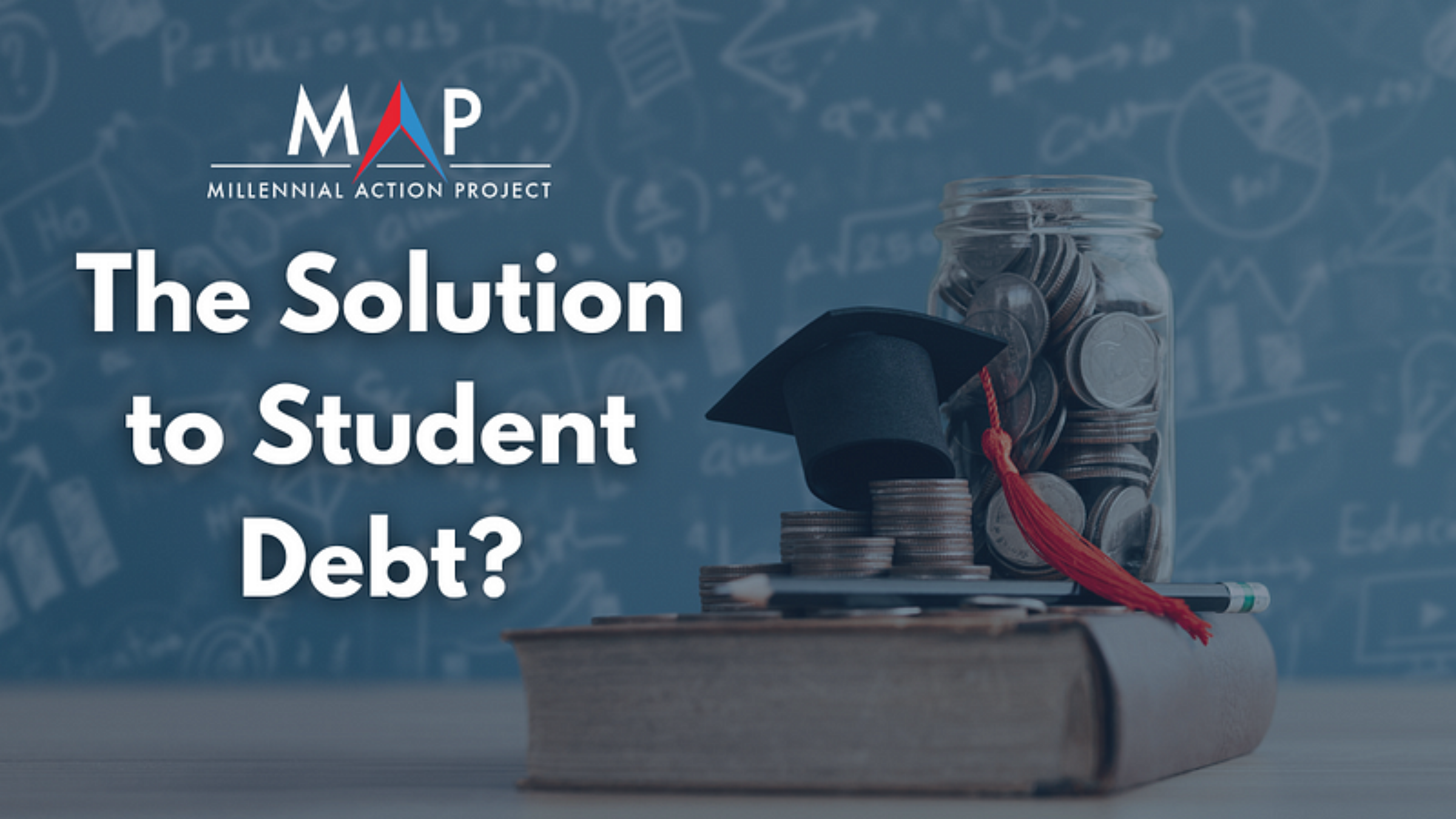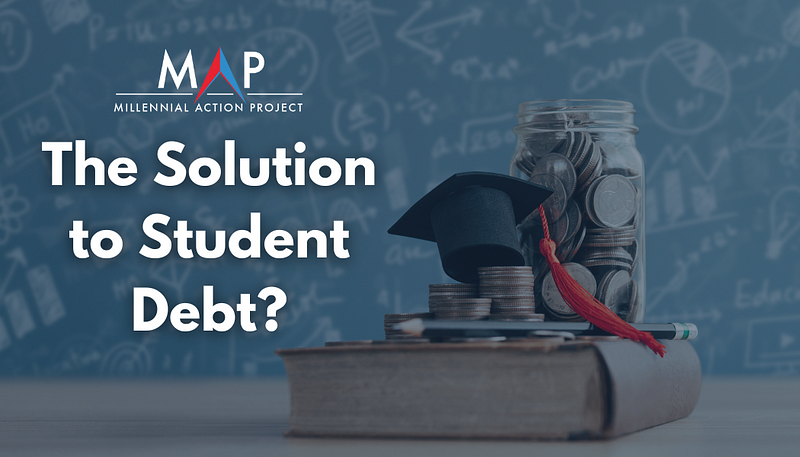The solution to student debt?
August 31, 2022


This past week, the Biden Administration announced their plans for the much anticipated student loan relief. This policy had been in development for a while — dating back to promises President Biden made on the campaign trail. With student debt ballooning over the past decades, most Americans have found themselves admitting this is a serious problem, even if they disagree on how it should be solved. Because of the complicated reasons for the explosion in student debt — including skyrocketing higher education costs, lower rates of public investment in education, and economic factors impacting wages and savings — what to do about this problem has caused debate even among members of the same political party. However, there seems to be strong consensus among a certain group of individuals: young people.
Forbes released data after polling 18–34 years olds revealing that 71% of young people believe in some form of student loan cancellation, including 56% of Republicans, 84% of Democrats, and 66% of Independents. This shared consensus makes sense when one considers the shared generational experience around barriers to access and affordability of college. It becomes easier to agree that some steps must be taken to tackle that issue because there is an underlying agreement of the root problem.
This seems to be on par with some of our most recent contested issues. As the most diverse and open-minded generation, young Americans can often find themselves agreeing on problems even if they would go about solving the issue differently. For example, 84% of Democrats and 53% of Republicans report they are comfortable with a close friend coming out as LGBTQ. 76% of Republicans and 94% of Democrats ages 18–54 are in favor of the government taking steps to reduce climate change. While young people are not a monolith, it’s hard to ignore that there are issues impacting this generation differently than they impacted prior generations. That shared reality creates a key starting point for rebuilding important civic muscles that have atrophied within our institutions.
Debate, discussion, and action on the issues that will most deeply impact Millennials and Gen Z can reinvigorate a generation that is quickly losing faith in our democracy. What’s more, intentionally including diverse voices from this generation in the solution means different racial, political, socio-economic, and other perspectives can shape inclusive policies that set the course for years to come. Our country is only becoming more diverse (in every sense of the word!); the only way to create future-focused policy is to pursue a collaborative process based on shared realities.
Across the country, young state legislators from both political parties have already been leading the way in tackling college access and affordability in their states — drafting bipartisan legislation for free community college, widening access to grants, improving savings plans, expanding apprenticeships programs, and removing other financial barriers when it comes to higher education. While the current climate of political gridlock can be discouraging — greater consensus is on its way.
Young people are building the civic infrastructure needed to scale this consensus as our generation multiplies within the halls of power. More than 1,600 Millennial and Gen Z elected leaders across the country have joined MAP’s network of bipartisan elected officials who work together in their state legislatures to create bipartisan legislation. Uniting these leaders along a shared generational identity creates a permission structure for young lawmakers to build relationships across the aisle, particularly with their young peers. We’ve seen this shared generational identity bridge even the furthest partisan divides — especially when the issues at hand have stark generational nuances that these policymakers are well-equipped to understand.
Polls are proving there is a hunger for common ground policymaking. Luckily, young people are ready to do just that.






Join 1,800+ BIPARTISAN LEADERS NATIONWIDE
Be a part of a network of lawmakers committed to governing effectively, passing more representative public policy, and increasing public trust in democracy.